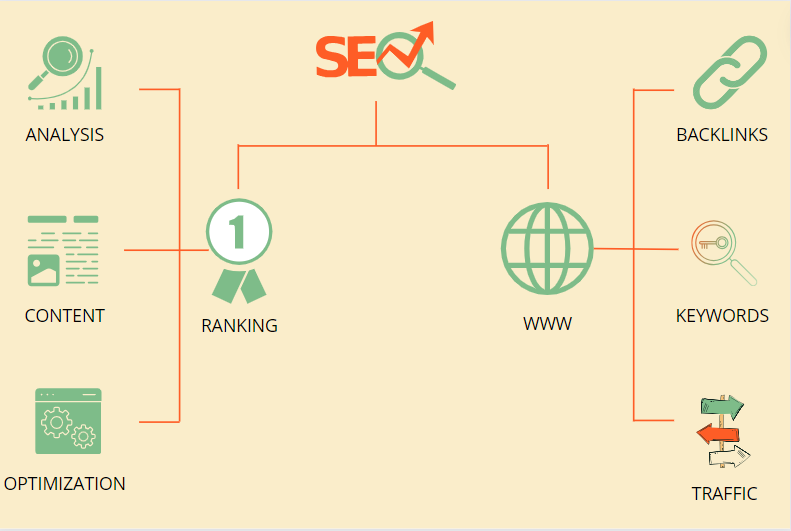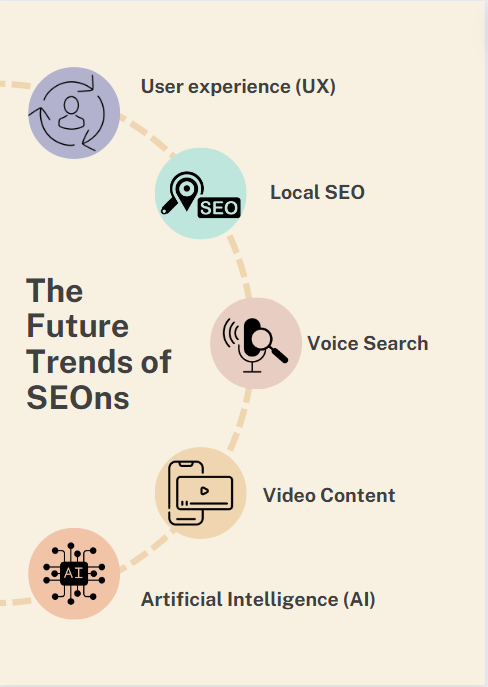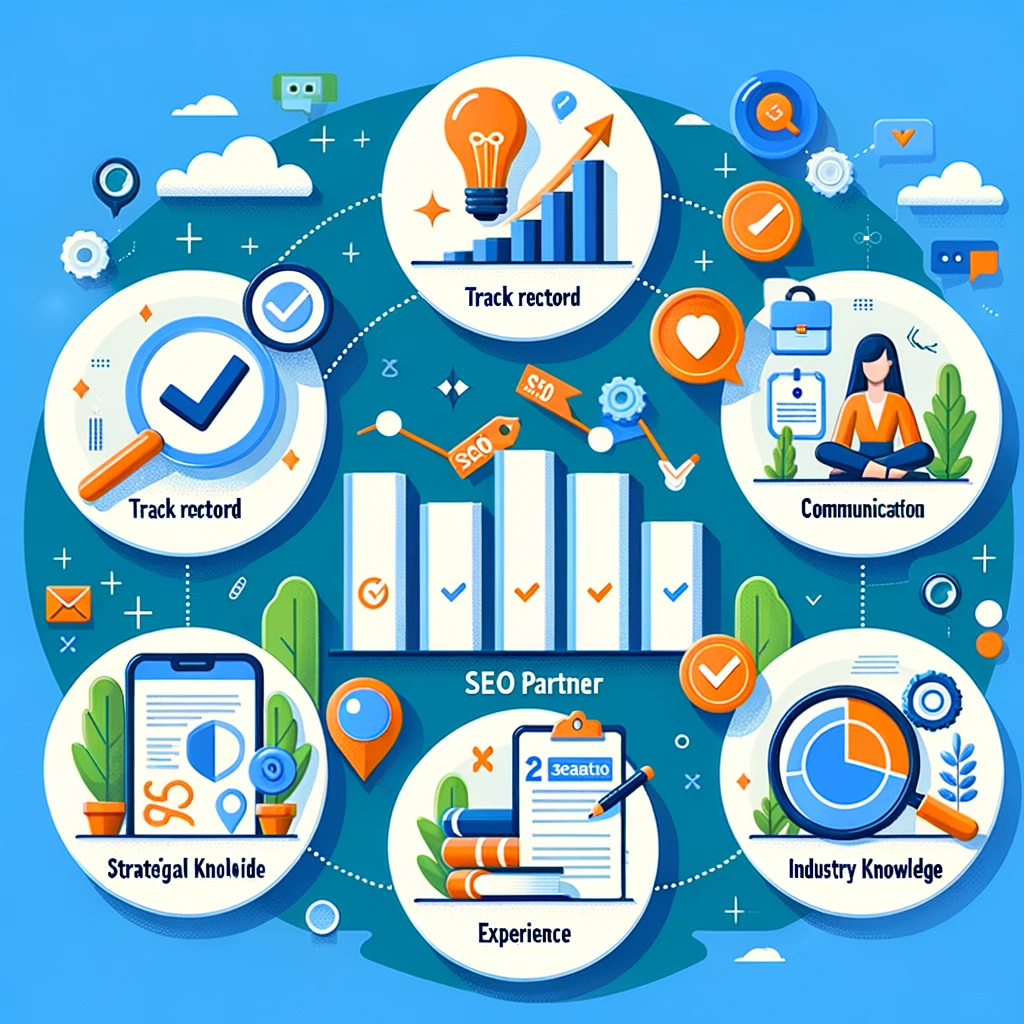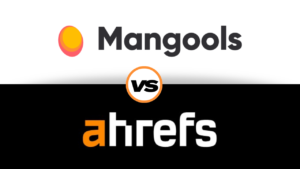In 2024, asking “Is SEO worth it?” is more relevant than ever. Today’s SEO transcends basic keywords, emphasizing user experience, content relevance, and mobile-first design. High-ranking websites in 2024 prioritize valuable content and fast, accessible user interfaces, reflecting Google’s evolved algorithms. With the majority of searches on mobile devices, mobile optimization isn’t just beneficial, it’s essential. The key to understanding SEO’s worth in 2024 lies in recognizing its role as a continuous, adaptive process focused on quality and user engagement, proving that effective SEO strategies are indeed crucial for online success.

Table of Contents
The Cost-Benefit Analysis of SEO
When considering the question “Is SEO worth it?”, a cost-benefit analysis in 2024 reveals insightful answers. The cost of SEO varies, encompassing agency fees, tools, and content creation. However, the benefits often outweigh these expenses. High-quality SEO leads to increased organic traffic, better user engagement, and improved brand credibility – factors crucial for long-term success. Unlike paid advertising, the effects of SEO are more sustainable and cost-effective over time, providing a significant return on investment (ROI). Additionally, SEO’s adaptability to market changes makes it a wise investment in an ever-evolving digital landscape. In essence, when done right, SEO offers a valuable competitive edge, making it a worthwhile investment for businesses aiming to thrive online.
The Impact of SEO on Business Growth
In answering “Is SEO worth it?”, its impact on business growth is undeniable in 2024. Effective SEO strategies directly contribute to increased visibility in search engines, leading to higher organic traffic – a key driver of business growth. This organic reach is not only vast but also targets a relevant audience, enhancing the likelihood of conversions. Moreover, SEO helps build brand authority and trust, vital for sustaining long-term customer relationships. It’s not just about attracting visitors; it’s about drawing the right audience and converting them into loyal customers. In essence, for businesses aiming to expand their online presence and accelerate growth, investing in SEO provides a substantial and measurable impact.
SEO Myths and Realities
The debate around “Is SEO worth it?” is often clouded by myths. One common misconception is that SEO is a ‘set and forget’ strategy. In reality, SEO requires ongoing effort and adaptation to evolving search engine algorithms. Another myth is that SEO results are immediate. SEO is a long-term investment; significant improvements in rankings and traffic typically take months. Additionally, there’s a belief that SEO is all about keywords. While keywords are important, modern SEO is more holistic, focusing also on user experience, content quality, and technical optimization. Dispelling these myths is crucial for understanding the true value and effectiveness of SEO in 2024.
SEO and AI: The Role of ChatGPT and Other AI Tools
In the context of “Is SEO worth it?” the integration of AI tools like ChatGPT presents a fascinating evolution. AI has revolutionized SEO in several ways. First, tools like ChatGPT can generate content that’s not only SEO-friendly but also engaging and informative, saving time and resources. AI also aids in understanding user intent more accurately, allowing for more targeted content strategies. Additionally, AI-driven analytics provide deeper insights into SEO performance, enabling more informed decisions. However, it’s crucial to remember that while AI enhances SEO, it doesn’t replace the need for a human touch in strategy and creativity. The synergy of AI and human expertise is what truly amplifies SEO effectiveness in 2024.
DIY SEO: Tips and Tricks for Self-Management
For those wondering “Is SEO worth it?” and considering a DIY approach, here are some effective tips. First, understand your audience and their search behaviors – this guides your content and keyword strategy. Focus on creating high-quality, relevant content consistently, as this is a cornerstone of effective SEO. Don’t overlook the technical aspects: ensure your website is mobile-friendly, has fast loading times, and is secure. Regularly monitor and update your SEO strategies based on analytical insights. Lastly, keep learning about SEO trends; the landscape is always evolving. While professional help can be valuable, these DIY tips can significantly improve your website’s SEO performance.
Here is some key DIY SEO tips:
- Keyword Research
- Optimize Title Tags
- Include primary keywords in your page titles.
- Keep titles under 60 characters.
- Make them descriptive and compelling.
- Meta Descriptions
- Write clear, concise meta descriptions.
- Include target keywords.
- Keep under 160 characters.
- Header Tags
- Use H1 tags for main titles and H2, H3 for subheadings.
- Include keywords in headers, but naturally.
- Content Optimization
- Create high-quality, original content.
- Use keywords naturally within your content.
- Update content regularly.
- Image Optimization
- Use descriptive file names for images.
- Optimize alt tags with keywords.
- Compress images for faster loading.
- URL Structure
- Use SEO-friendly URLs.
- Include keywords in URLs.
- Keep URLs short and readable.
- Mobile-Friendly Website
- Ensure your site is responsive and mobile-friendly.
- Use Google’s Mobile-Friendly Test tool.
- Page Load Speed
- Optimize website loading speed.
- Use tools like Google PageSpeed Insights.
- Compress images, minify CSS and JavaScript.
- Internal Linking
- Use internal links to connect your content.
- Help users and search engines navigate your site.
- External Links
- Link to reputable and relevant external sites.
- Check for and fix broken links.
- Social Media Engagement
- Promote your content on social media.
- Engage with your audience.
- Local SEO (if applicable)
- Optimize for local search (Google My Business).
- Include local keywords and location-based content.
- Monitor Your Progress
- Use Google Analytics to track traffic.
- Regularly check your search engine rankings.
- Backlink Strategy
- Focus on building quality backlinks.
- Guest blogging, collaborations, and quality content can attract backlinks.
- User Experience
- Ensure easy navigation.
- Have a clear call to action.
- Keep the website design clean and user-friendly.
- SSL Certificate
- Secure your site with HTTPS.
- Google prefers secure websites.
- Regular Website Audits
- Conduct SEO audits to identify issues.
- Use tools like SEMrush or Moz for audits.
The Future of SEO: Trends and Predictions
As we explore “Is SEO worth it?” for the future, several emerging trends and predictions stand out. Voice search optimization will become increasingly important as voice-activated devices proliferate. AI and machine learning are expected to further refine search engine algorithms, making them even more sophisticated in understanding and ranking content. The importance of user experience (UX) in SEO will continue to grow, with a focus on mobile optimization, site speed, and interactive elements. Video content is also predicted to play a larger role in SEO strategies. Lastly, the emphasis on local SEO will intensify, especially for businesses targeting local markets. These trends indicate that SEO will not only remain relevant but also become more dynamic and integral to online success.

Comparing SEO with Other Marketing Strategies
In the debate of “Is SEO worth it?”, comparing it with other marketing strategies is insightful. SEO, unlike pay-per-click (PPC) advertising, offers long-term, organic growth and credibility, though results take longer to materialize. Social media marketing complements SEO by increasing brand awareness and traffic but doesn’t directly impact search engine rankings. Email marketing, while effective for direct communication and retention, doesn’t contribute to online visibility like SEO. Content marketing and SEO are closely intertwined, with quality content being crucial for both. Overall, SEO is unique in its ability to continuously attract and engage a targeted audience through organic search, making it a fundamental component of a comprehensive marketing strategy.
Choosing the Right SEO Partner
For businesses asking “Is SEO worth it?”, selecting the right SEO partner is crucial. Look for an SEO agency or consultant with a proven track record and transparent success metrics. They should offer a clear strategy tailored to your specific business needs and goals. Communication is key: your SEO partner should be responsive and willing to collaborate closely with your team. Check for their expertise in the latest SEO trends and tools, ensuring they can adapt to the evolving digital landscape. Finally, consider their understanding of your industry, as specialized knowledge can be a significant advantage. Choosing the right partner ensures that your investment in SEO translates into tangible business growth.

Concluding Thoughts: Is SEO Worth it in 2024?
In conclusion, the question “Is SEO worth it in 2024?” receives a resounding yes. SEO remains a vital component of digital marketing, essential for enhancing online visibility, driving organic traffic, and building brand credibility. Its cost-effectiveness, compared to paid advertising, and its long-term benefits, like sustained organic growth, make it a wise investment. The evolving nature of SEO, with its integration of AI and emphasis on user experience, ensures its continued relevance in the digital marketing landscape. For businesses seeking to establish a robust online presence and achieve long-term success, the investment in SEO is not just worthwhile; it’s indispensable.




